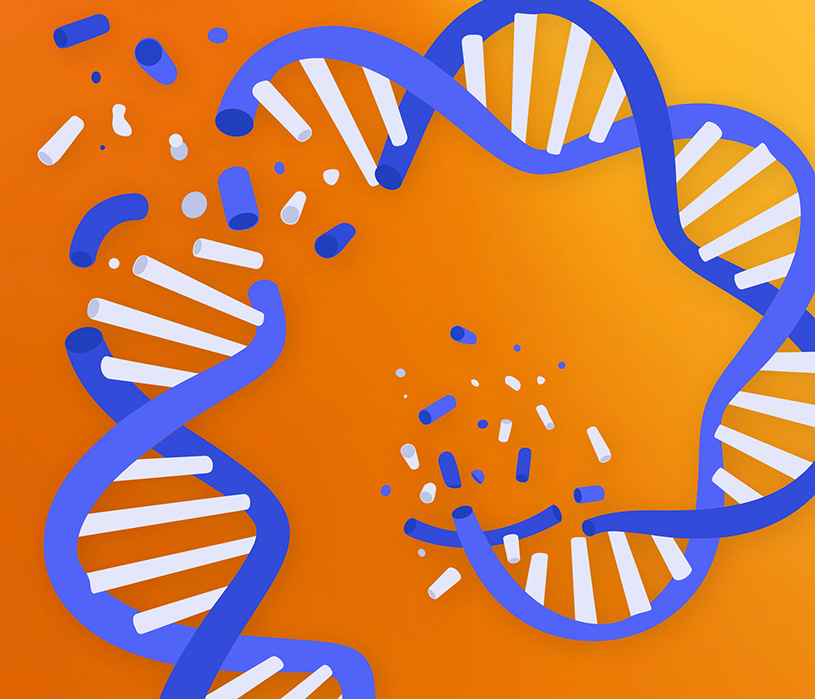Bulk RNA-Seq allows researchers to detect known and novel features in a single assay, enabling the identification of transcript isoforms, gene fusions, single nucleotide variants, and other features without the limitation of prior knowledge.
Monitoring gene expression and transcriptome changes with cancer RNA sequencing (RNA-Seq) can aid in understanding tumor classification and progression. Cancers accumulate numerous genetic changes, but typically only a few drive tumor progression. Cancer RNA-Seq can help scientists:
- Determine which variants are expressed in cancer samples
- Identify gene expression signatures and mutational profiles associated with individual tumors, single cells, and tumor types
- Focus on somatic mutations that have a clear functional effect, and identify key cancer driver mutations
- Find novel small RNAs that regulate gene expression
- Identify gene fusions arising from chromosomal translocations


